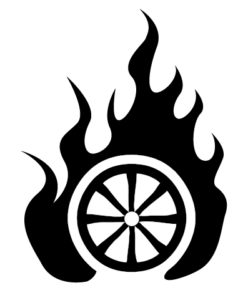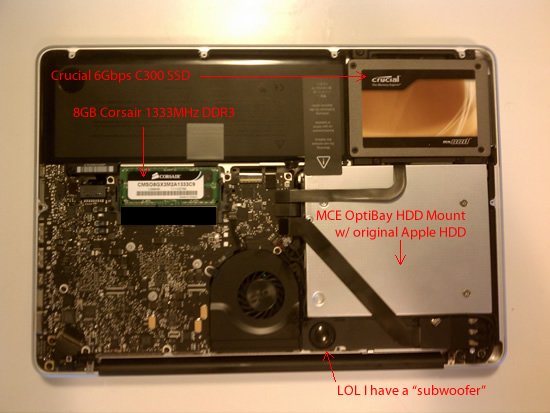http://www.youtube.com/watch?v=TVqe8ieqz10
Google’s launching the Chromebook this year, which is the first all-in bet on a computer that uses the Web as its one and only software platform.
On one hand, the concept shows incredible promise: Web technologies are now powerful enough that they’re capable of performing many tasks that had to be done using more native technologies – technologies that are exclusive to closed platforms. Platforms that come with all kinds of annoying maintenance, stability and usability issues. Now that the Web can do intense graphics, multimedia manipulation, and all kinds of productivity applications, why can’t we cut out the bloated layers of software that stands between us and our browser? That’s what Chrome OS tries to do.
But are people ready for such a major shift? A lot of the tech that Chrome OS puts front and center is bleeding-edge, and many folks probably have a more conservative idea of what they use “the Web” for and what they use “Applications” for, when the lines dividing them are becoming increasingly blurred.
Is this futuristic concept going to catch on, or will it be rejected by a market that isn’t ready to make the leap to a “nothing but the Web” computer? Personally, I’d be a lot happier if they weren’t launching it on Netbooks; radically innovative software deserves to be on innovative hardware, not 2008’s fad of cramming the IBM PC of the ’80s into as small and cheap a package as possible.

